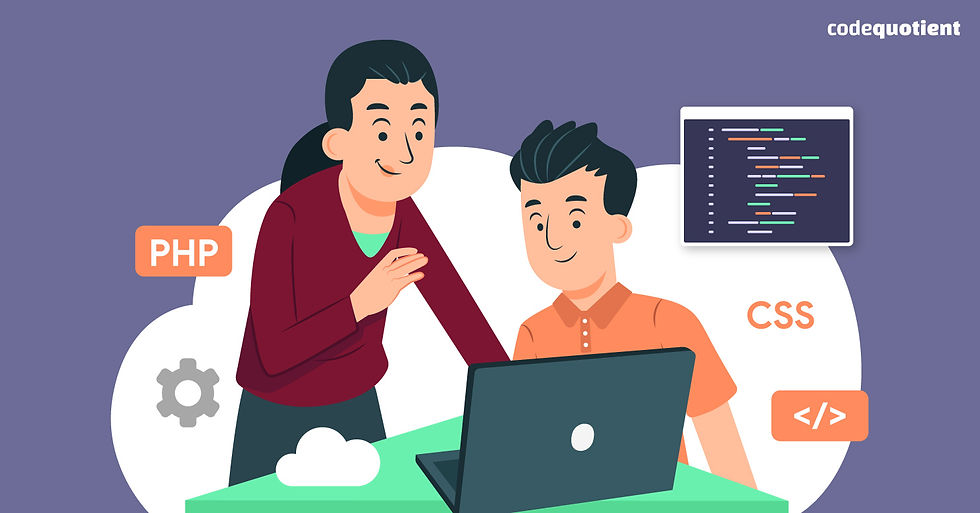
1 May 2020
Industry knowledge in software development methodologies, including SDLC and Agile, Machine Learning, DBMS, Operating Systems, OOP, (IoT), Generative AI, and Prompt Engineering.
Industry Knowledge in Software Development Methodologies
Proficient in various software development methodologies, including SDLC and Agile, allowing for efficient project management and collaboration across teams.
Strong understanding of the full software development lifecycle, ensuring smooth transitions between planning, design, coding, testing, and deployment stages.
Experienced in working within Agile frameworks, enabling iterative development and continuous delivery of high-quality software solutions.
Machine Learning
Skilled in applying machine learning algorithms and techniques to solve real-world problems, with a focus on data analysis, model development, and deployment.
Knowledgeable in key machine learning libraries such as scikit-learn, TensorFlow, and Keras, enabling effective implementation of supervised, unsupervised, and reinforcement learning models.
Focus on improving model accuracy, fine-tuning hyperparameters, and leveraging cross-validation techniques to ensure robust performance.
Database Management Systems (DBMS)
Solid understanding of relational and non-relational database management systems, including SQL and NoSQL databases.
Proficient in writing complex queries, optimizing database performance, and ensuring data integrity across large datasets.
Knowledge of database normalization, indexing, and transactions to improve data storage and retrieval efficiency.
Operating Systems
Well-versed in operating system concepts, including memory management, file systems, process scheduling, and system calls.
Experience working with both Windows and Unix-based operating systems, ensuring compatibility and performance optimization across platforms.
Ability to troubleshoot OS-related issues and enhance system performance for software applications.
Object-Oriented Programming (OOP)
Proficient in OOP principles such as encapsulation, inheritance, and polymorphism, which enhance code maintainability, scalability, and reusability.
Experienced in applying OOP concepts to design efficient and modular software systems, with a focus on clean, readable, and testable code.
Skilled in using object-oriented languages such as Java, Python, and C++ to build robust software solutions.
Internet of Things (IoT)
Knowledgeable in IoT technologies and frameworks, enabling the development of interconnected systems that collect and exchange data.
Proficient in designing IoT solutions with sensors, embedded systems, and cloud platforms to support real-time data collection and analysis.
Focus on creating scalable, secure, and efficient IoT applications that improve automation and decision-making in various industries.
Generative AI
Experienced in Generative AI techniques, such as GANs (Generative Adversarial Networks) and variational autoencoders, to create realistic data, images, and models.
Knowledgeable in applying these techniques to fields such as creative content generation, data augmentation, and synthetic data creation.
Proficient in leveraging Generative AI to drive innovation and create novel solutions across different domains.
Prompt Engineering
Skilled in Prompt Engineering to optimize the interaction between users and AI models, improving the accuracy and relevance of generated responses.
Experienced in crafting clear and effective prompts to drive desired outputs from language models like GPT, enhancing user experience and model performance.
Focus on continuous experimentation with prompt structures to fine-tune models for specific use cases, improving efficiency and outcomes in machine learning applications.